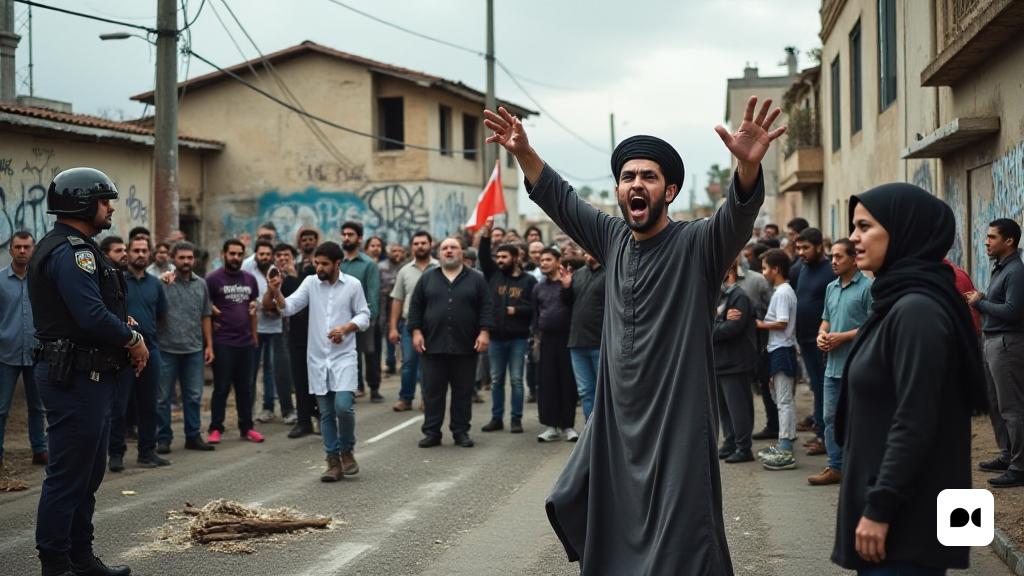A scenario of conflict
The recent controversy in Salt, which revolves around an imam trying to squat a home, highlights the complexity of the current political landscape in Catalonia. This incident has not only aroused local reactions, but also illustrates the tensions that are experienced in contemporary Catalan society.
Reactions and consequences
The fact that a group of Muslims has starred in a police station, with the support of political parties who have defended radical actions, leads us to reflect on the leadership that is taking Catalan politics. In the meantime, the imam, who has been detained, is a symbol of a new dynamic that challenges the established rules.
The role of political forces
Parties like ERC and the CUP seem to have found in Islamization a new path to attract voters, while the traditional right is debated between its priorities. The tensions between these formations reflect a division that can have significant repercussions on the future of Catalan politics.
A new age of rules
The Episode of Salt has generated an intense debate on the social and legal norms that govern coexistence. The reaction of the left to the intervention of the authorities to avoid the occupation of a home is a clear example of the polarization that is being lived. The defense of culture and tradition has become a hot topic, with positions that often collide with each other.
Long -term implications
The growing concern about the demographic replacement and influence of immigrants on the electoral system is a topic that cannot be ignored. Immigration policy and its implications for future elections are issues that need to be seriously addressed. The experiences of other countries, such as the United Kingdom, are a precedent that could indicate a similar path for Catalonia.
An uncertain future
With the horizon election, the question is how the diversity and tensions generated in a constantly changing society will be managed. The voice of controversial figures, such as the Salt imam, may find a space in the media, but the real question is whether these voices will contribute to a constructive dialogue or to a greater division.

